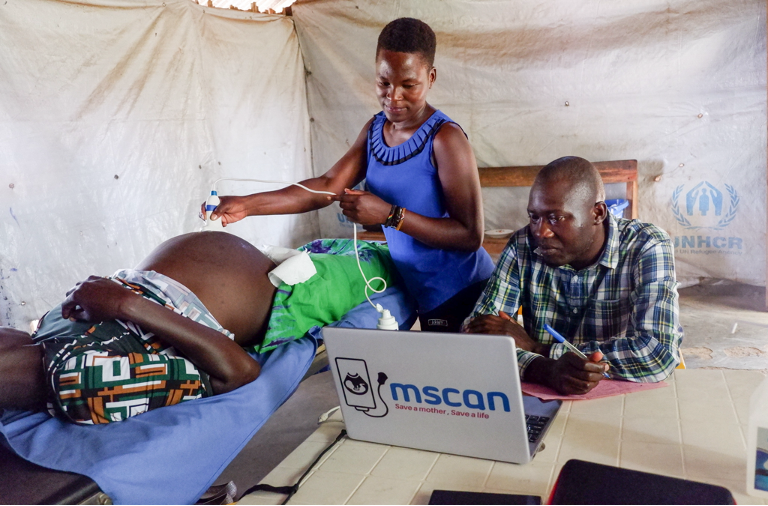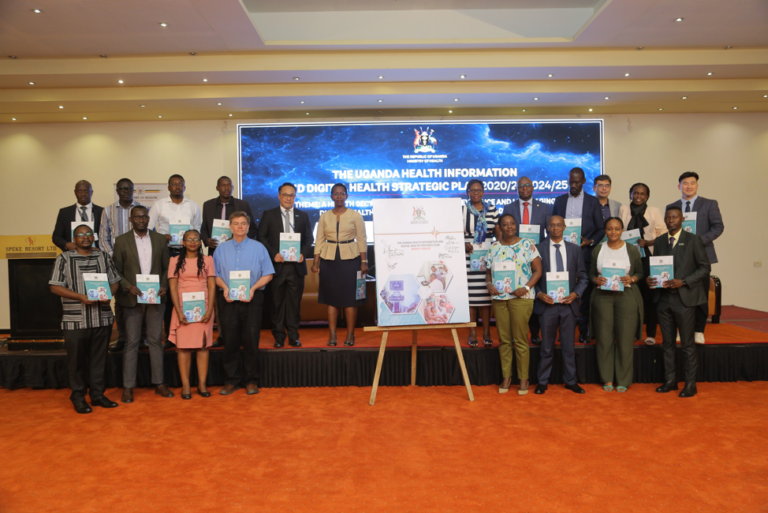In an effort to improve maternal healthcare, Uganda has introduced AI-powered ultrasound technology aimed at revolutionizing prenatal care, particularly in rural areas. The technology, known as ScanNav FetalCheck, uses artificial intelligence to analyze ultrasound images and provide real-time insights into fetal development. This innovation has been praised for its ability to offer affordable, accurate, and accessible prenatal diagnostics to expectant mothers across the country.
One of the key advantages of this AI-powered solution is its ability to provide non-specialist healthcare workers with the capability to perform ultrasounds confidently. The technology enables midwives and nurses to detect potential complications early, ensuring timely medical intervention and reducing maternal and infant mortality rates. By expanding access to quality prenatal care, this initiative is expected to significantly improve pregnancy outcomes in Uganda.
Despite the promising benefits, the rollout of AI ultrasound technology faces challenges such as infrastructure limitations, lack of adequate training for healthcare providers, and resistance to adopting new technologies in traditional healthcare settings. Efforts are underway to conduct nationwide training programs to equip healthcare workers with the necessary skills to use the technology effectively.
The introduction of this technology is part of the government’s broader strategy to integrate digital solutions into healthcare, improve maternal and child health indicators, and align with global health targets under the United Nations Sustainable Development Goals.















